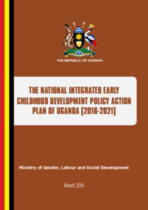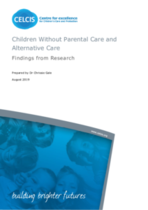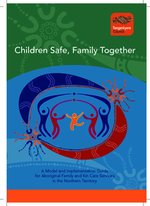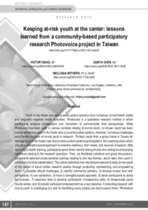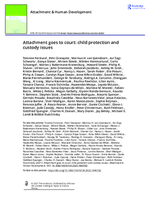The National Integrated Early Childhood Development Policy Action Plan (2016-2021) of Uganda
The National Integrated Early Childhood Development (NIECD) policy of Uganda seeks to address multi-dimensional needs of young children through building more effective and coherent efforts among sectors to achieve positive early childhood development out comes for all children.

